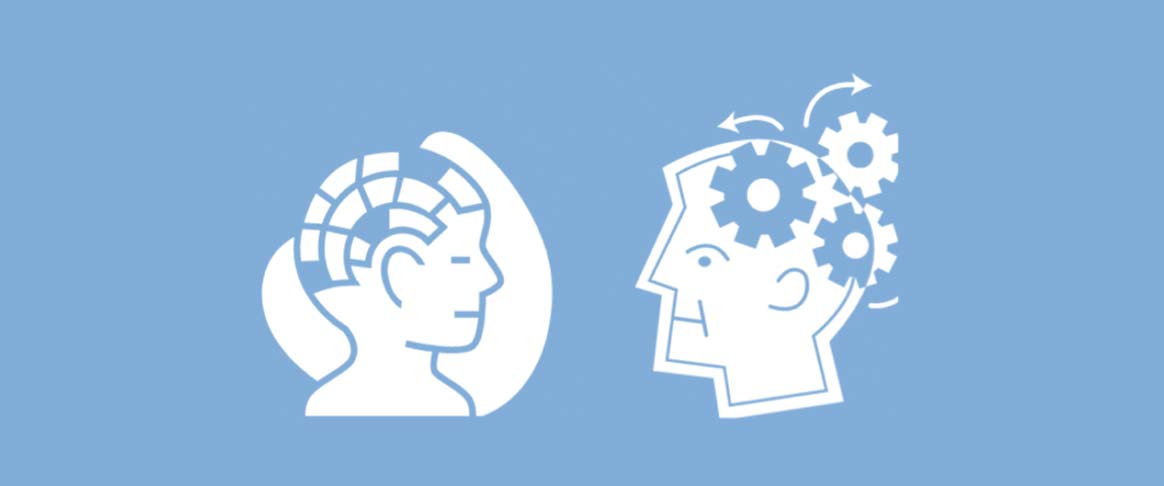
Metacognitive therapy is exciting news!
"The important thing is not what we think, but how we relate to negative thoughts and what guides our thinking", says Professor Adrian Wells, School of Psychological Sciences, University of Manchester.
In cognitive therapy one treats specific negative thoughts (for example: "I am incompetent") and try to challenge and eradicate those thoughts. In Metacognitive therapy, one is more concerned with the processes that lead to this type of thinking (for example: continuous self-examination), and on the negative thoughts as a result of these processes.
Thinking about thinking, pure and simple.
Metacognition is thinking about one's own thinking, or in other words: To reflect on one's own cognitive processes. According to the S-REF model (Wells & Matthews, 1996) on which Metacognitive therapy is based, it is primarily what is called the "cognitive attentional syndrome” (CAS) that forms the background for cognitive and emotional problems.
The CAS model.
thoughts, (3) have a strong focus on individual events, (4) analyze most of what you do and everything that happens and (5) attempt to remove or avoid things that feel threatening.
These are not unknown issues.
Although the Metacognitive therapy offers a new approach to these problems, the issues are not unknown to clinical therapists. But what is particularly interesting is that there are digital auditory attention exercises in Metacognitive therapy to help people with various illnesses to break the CAS that forms the basis for their condition.
Effective exercises.
The attention exercises have proved to be effective for various disorders such as hypochondriasis, panic and depression. And lately also for hearing hallucinations in patients with schizophrenia (see Valmaggia, Bouman & Schuurman, 2007). The effect on the symptoms seems to occur after a short time and continue after treatment.
Changetech has developed its own Metacognitive therapy.
There are still only a limited number of controlled studies of Metacognitive therapy and the attention exercises, but the results are promising and many of the exercises are suitable for use in a digital format. Therefore, Changetech has developed a digital metacognitive therapy for use in current upcoming programs.
Read more about Metacognitive therapy and attention training on The MCT Institute.
References:
Valmaggia, L., Bouman, TK & Schuurman, L. (2007). Attention training with auditory Hallucinations: A case study. Cognitive and Behavioral Practice, 14, 127-133. doi: 10.1016/j.cbpra.2006.01.009.
Wells, A. (2009). Metacognitive therapy for anxiety and depression. New York: Guilford Press.
Wells, A., & Matthews, G. (1996). Modelling Cognition in Emotional disorder: The S-REF model. Behavioural Research and Therapy, 34 (1911), 881-888. doi: 10.1016/S0005-7967 (96) 00050-2.